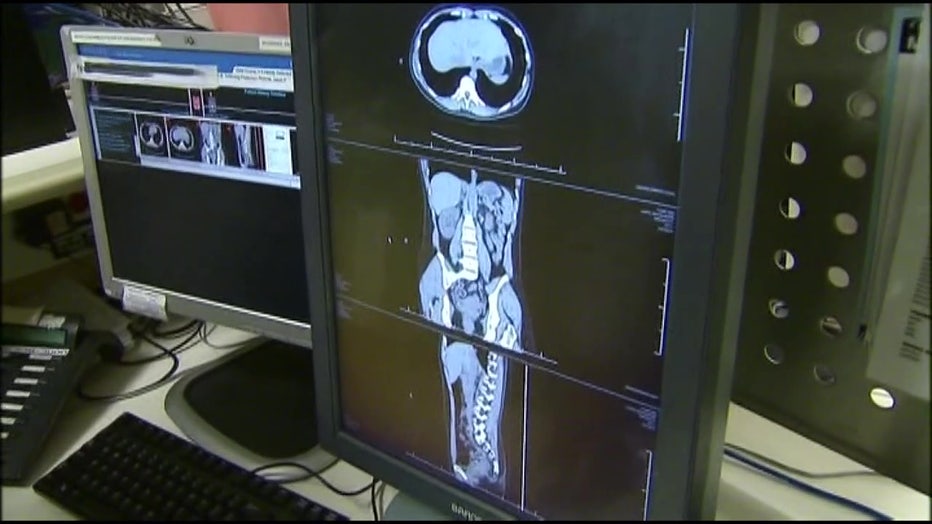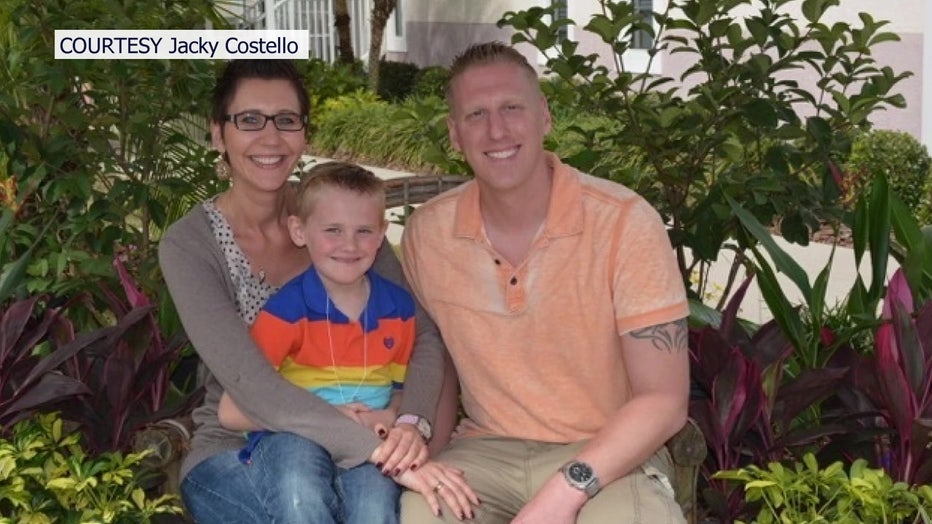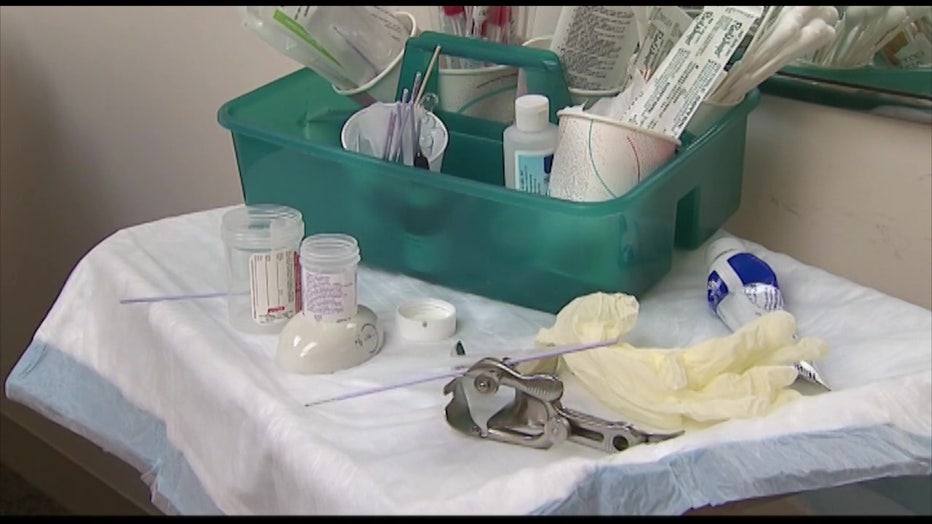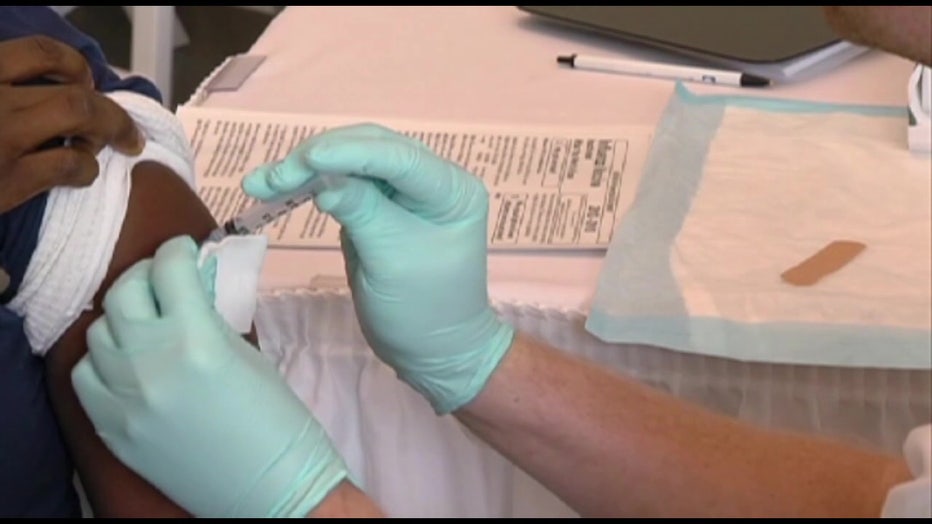Pandemic-related HPV preventative care decline causes concern for oncologists
TAMPA, Fla. - Doctors are sharing growing concerns over a decline in awareness about preventative care against HPV.
Human papillomavirus, also known as HPV, is a sexually transmitted disease that can cause several deadly types of cancer like cervical, vaginal, vulvar, anal, penile, and head and neck cancers.
However, doctors with the Moffitt Cancer Center say HPV is an extremely prevalent disease.
"HPV is one of those, like equalizing players, right?" Dr. Monica Avila state. "It's, anybody can get it. One in five Americans are known to have it. It's something that is highly prevalent and it is 100% preventable."

Like a lot of other preventative care, Dr. Avila says they saw a lot of people put HPV preventative care on the backburner during the COVID-19 pandemic.
Dr. Avila says a study released by the Health Information National Trends Survey showed awareness of HPV and related cancers declined from 2014 to 2020.
RELATED: HPV infections in young girls have decreased more than 80% since vaccine introduced, CDC finds
Jacky Costello says her own awareness and education are what helped save her life.
She says she was diagnosed with a very aggressive form of cervical cancer in 2013, to her surprise.

Jacky Costello with family. Image is courtesy of Jacky Costello.
"I was very heartbroken about it simply because I had done everything right," Costello said. "And I did not understand how it could have come so far."
Costello says within 24 hours of getting a biopsy done, she had to get a full hysterectomy.
READ: Artificial intelligence helping detect early signs of breast cancer in some US hospitals
"Doctors said if they would have waited, you know, just a few weeks or months, that I would not be here anymore," Costello explained.
Costello says she had no history of cancer in her family and had always gone to the doctor for regular visits and testing. However, she credits those visits for helping her pay attention to the symptoms that ultimately lead to her diagnosis.
According to Dr. Avila, a lot of those types of appointments often took a backseat during the pandemic.

"Not just kind of a lack of awareness and a lack of presence in receiving preventative care, but actually as it relates to cancers and the HPV vaccination, but we've also seen largely a very delayed presentation of the actual cancers themselves," Avila said.
READ: New mRNA cancer vaccine helps cut risk of melanoma recurrence by nearly half, trial finds
Avila says 90% of HPV-related cancers are preventable with the vaccine.
She says around 54% of adults are vaccinated against HPV, which is short of the goal of having around an 80% vaccination rate.
"I think a lot of that does have to do with, you know, COVID vaccination and a lot of hesitancy around that. So just in general, all vaccines have been questioned across the board," Avila shared.

File: Healthcare worker giving someone a vaccine.
Costello says the vaccine wasn’t available when she was growing up, so she’s grateful she was taking all the other preventative measures by regular doctor visits and tests because it’s the reason she’s healthy today.
"I can only say that it's safe in my life and that I don't think anyone should take this lightly," Costello said.
For women, Dr. Avila says they recommend getting regular pap smears. She says they recommend a pap smear every five years for younger women and every three years for women over 30 years old.
She says this can vary depending on your health history.
Doctors say the risk for HPV and related cancers is higher in communities of lower socioeconomic status, so one of their main goals is raising awareness for people of all ages and backgrounds.

